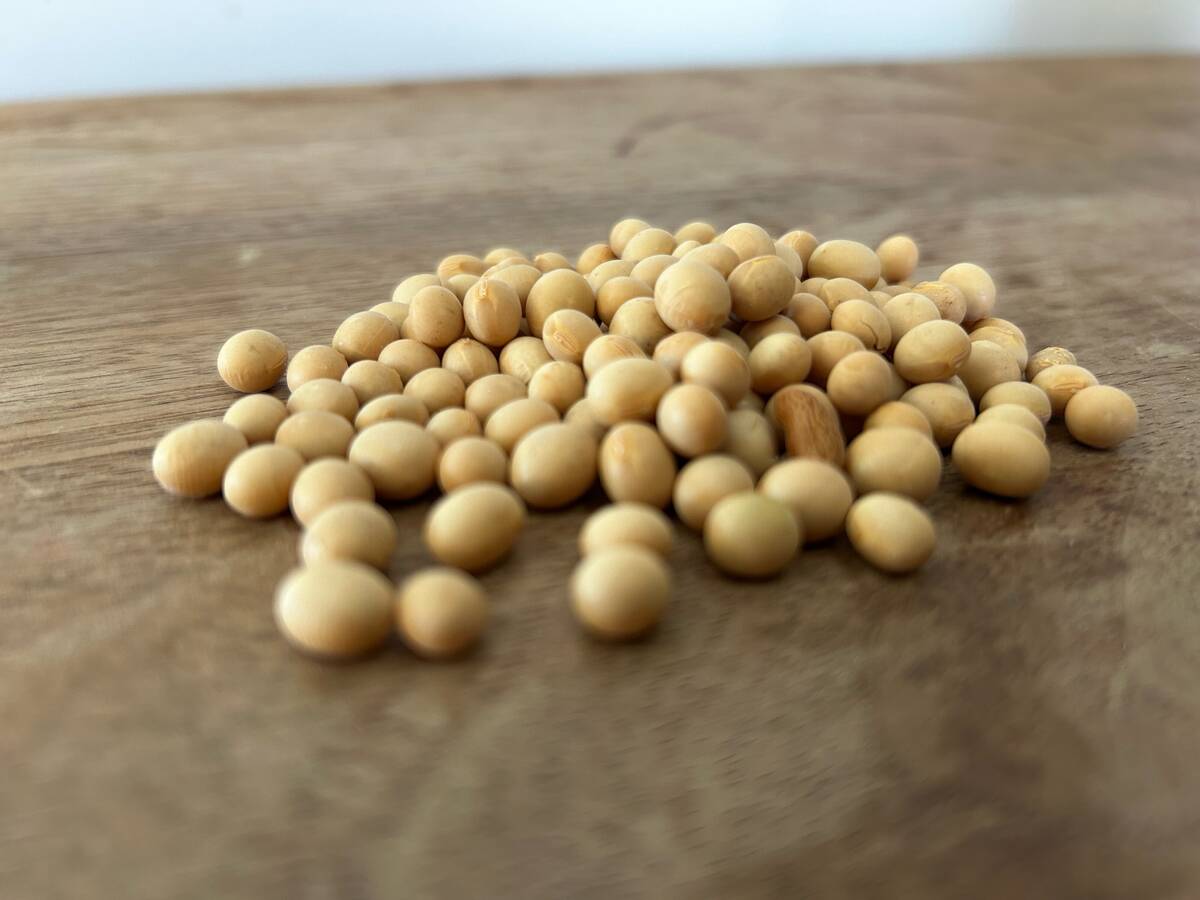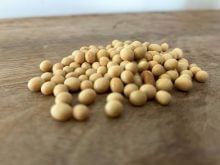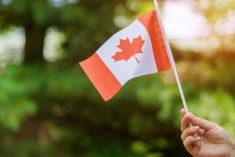Analysts have been speculating that Canada’s cost of entry into Pacific Rim trade talks could be a promise to compromise supply management protections.
However, a Quebec trade expert says Canada’s vulnerability really depends on how much Trans-Pacific Partnership negotiators want Japan included in the talks.
The Pacific powerhouse also wants into the TPP talks, and it has extensive agricultural protectionist policies.
If existing TPP negotiators allow Japan to join without pre-conditions or with minimal demands on agriculture policies, it will give Canada the chance to demand the same treatment, Bruno Larue told the Senate agriculture committee recently.
Read Also

U.S. grains: soybeans firm ahead of USDA data
Chicago soybeans ticked up slightly on Wednesday as traders adjusted positions ahead of the release of official U.S. data on global supply and demand on Friday, the first update in weeks, but prices were capped by a lack of large Chinese purchases.
“The condition that Canada is facing is that in order to join the talks, we have to commit to phasing out our supply management programs,” said Larue, Laval University Canada research chair on international trade.
“Whether this is the sort of condition that will remain a sine qua non condition remains to be seen. If major concessions are made for Japan to enter the talks, then it will certainly be easier for Canada to also enter the talks, probably without having to make concessions on supply management.”
Larue said Canadian negotiators have been successful in the past in fending off demands for concessions on supply management, which institutes a system of domestic quotas and high tariffs to control prices and supply.
When trade talks began with the European Union, “they were also talking about us getting rid of supply management. From what I hear, it is not such a big thing any longer for them.”
He said the Americans also made demands about supply management in the mid-1980s as Canada-U.S. free trade talks began.
“However, in order to expedite the finalization of the negotiations, they let it go,” said Larue.
“Perhaps it will be the same sort of thing this time around.”
He argued that trade liberalization in agriculture is needed because the sector is still highly protected around the world compared to other sectors.
“In terms of protection that we see in these markets, it’s like the manufacturing sector 30 or 40 years ago because the tariffs on agricultural products are quite a bit higher,” he said.
“There is much to be done in terms of trade liberalization in comparison to the manufacturing sector.”
He offered a surprising Quebec example to illustrate the benefits of liberal, low-tariff import policies.
One of the province’s signature products is maple syrup, sold into markets around the world.
Yet maple syrup sales out of Quebec are far from the main Quebec sugar product export.
“One of Quebec’s main exports is chocolate, but we do not produce cocoa,” Larue told senators.
“The export of chocolate products in 2010 was $534 million, more than twice the amount from the export of maple syrup. You do not have to produce the raw product to be a strong exporter of the final good.”
He said Saskatchewan is Canada’s largest exporting province with sales of more than $10 billion, followed by Ontario with slightly less than $10 billion and Alberta and Quebec at close to $8 billion.














